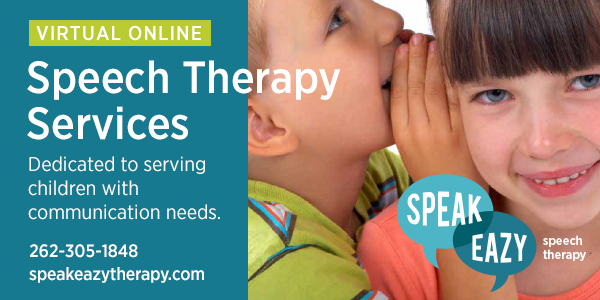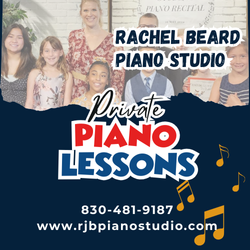I’m am at the end of my homeschooling journey. My oldest son, whom I started homeschooling Kindergarten in 1994 is now a Sophomore in college. My youngest son will be a senior in high school this year – graduating from our homeschool.
When I first started homeschooling I bought the Lesson Plan books available at teacher supply stores. I made great plans that never seemed to actually happen. It was frustrating and discouraging to look at my great plans and then see how few of them were actually carried out.
I don’t remember which experienced homeschool mom passed this idea along to me – but it was a real life saver. Instead of wasting a lot of time making lesson plans, record actual learning. I got one of those student planners – a small one. It had one week (Mon – Fri) spread across 2 pages. I kept this little book on my kitchen table. At the end of the day or at least once a week I would write down learning experiences. Some times those learning experiences were lessons – “Did 5 Saxon Math lessons” or “read one chapter in History text book”. Sometimes they were less school-like learning experiences – “watched an educational video on PBS”, “went to the zoo”, “son read ‘Homer for Children’ and decided to turn our van into a “Trojan horse”, “helped out at food pantry”.
The most important thing any homeschool parent can do is to learn to see true education and learning. Learning is not reading a chapter in a text book and then answering 10 questions. Learning is a spark, given by God to our children, that we provide kindling for so it can grow and flourish. True education is a child learning how to get information about what ever subject they are interested in or need to know. Education is a skill and state of mind that should be a life long experience, not 13 years, 8:30 – 3:30 PM.
A practical illustration of this is teaching a child to read. Some children take to reading easily. I call them natural readers. Other children struggle. But the fact is all children will eventually learn to read. But as homeschool parents we must remember that our goal is not simply for our child to learn to read but instead for our child to become a reader. You can write lesson plans that teach your child phonics, you can buy reading curriculum, but if your child learns to read and then never picks up a book – you have missed the point. But if you read to your children, if you take them to the library at least weekly, if you let them listen to books on tape, at home, when they are going to sleep at night, in the car on trips. You expose them to great literature. You teach them that they can learn things they are interested in by reading. Your child may not learn to read until they are 9 or 10 – my youngest didn’t. But when they can decode this weird language we call English, they will put it to use by actually reading books. Reading for fun, reading for knowledge, reading God’s word to learn more about their saviour.
So, take a deep breath. I can say with some authority your children will learn. Many times they will learn without you doing anything, sometimes they will learn in spite of what you do, and occasionally they will learn from you teaching them directly. You just need to train yourself to see true learning as it happens. There is nothing magical about doing 5 subjects for 1 hour each day. Some children may want to spend a whole day or even a whole week just doing science or math or reading. That’s fine. It will all balance out in the end. If there are any gaps, ( I personally believe the whole idea of gaps is a myth perpetrated by the NEA,) you can fill them in during high school.
Well, that’s my two cents worth. I can tell you beginning homeschoolers. Yes, it is worth it. Yes, your children will get a better education from you at home than they would get at a private or public school. Yes, you are the best teacher for your children. Yes, other homeschool moms scream at their children, lock themselves in the bathroom, feel totally inadequate from time to time, have messy houses, have days or even weeks when no schooling takes place in their home. Just keep the big picture in mind. A young man or woman at around age 18 prepared to go forth and serve God doing the good works He has prepared in advance for them to do.
Dana Cozby



